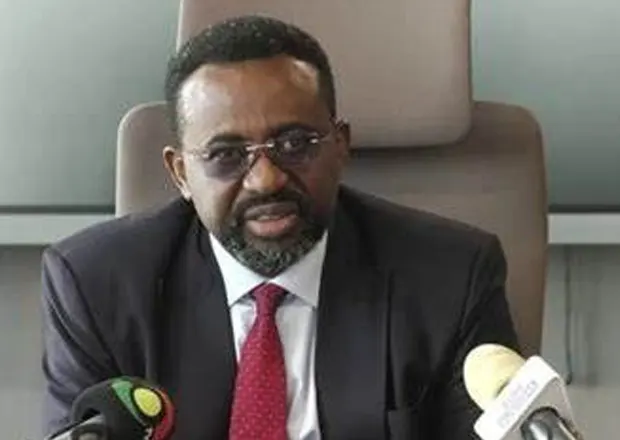Ghana’s central bank, the Bank of Ghana (BoG), has revised its inflation target for the end of 2025 to 12%, a significant reduction from the previous projection of 16%. This revised target, announced by BoG Governor Dr. Johnson Asiama, reflects the bank’s confidence in the effectiveness of recently implemented monetary policies and complementary fiscal measures undertaken by the government. These measures, including actions taken at the last Monetary Policy Committee meeting, aim to address food inflation, a major contributor to the overall inflation rate, and contribute to a sustained downward trend in inflation. The governor emphasized that the BoG’s actions are data-driven and that they will continue to monitor the situation closely to ensure the revised target is achieved.
The 12% inflation target, if realized, would represent a substantial improvement in Ghana’s economic performance, marking one of the lowest inflation rates in recent years and potentially the lowest in four years. This positive development comes on the heels of three consecutive months of declining inflation, with March 2025 recording a rate of 22.4%, down from 23.1% in February. This downward trend signifies the initial success of the implemented policies and provides a foundation for further progress towards achieving price stability. While the BoG’s revised target is ambitious, it reflects the determination to curb inflation and restore macroeconomic stability.
Despite the positive momentum, achieving the 12% target requires continued vigilance and potentially further policy adjustments. Some analysts suggest that the BoG might need to implement additional measures, such as further interest rate hikes in May, to maintain the downward pressure on inflation. These actions would reinforce the impact of existing policies and address any emerging inflationary pressures. The BoG’s commitment to data-driven decision-making will be crucial in navigating the economic landscape and making necessary adjustments to stay on course towards the revised target.
The government, through Finance Minister Dr. Ato Forson, has also set an ambitious inflation target of 11.9% for the end of 2025, as outlined in the 2025 budget. This target aligns closely with the BoG’s revised projection and underscores the coordinated approach between fiscal and monetary authorities in tackling inflation. The government’s commitment to fiscal discipline and structural reforms complements the BoG’s monetary policy actions, creating a synergistic approach towards achieving macroeconomic stability.
However, external projections offer a more cautious outlook. The International Monetary Fund (IMF), in its Africa regional economic outlook, projects Ghana’s inflation to reach 17.5% by the end of 2025. This projection, significantly higher than both the government’s and the BoG’s targets, highlights the challenges and uncertainties that lie ahead. The IMF’s assessment underscores the need for sustained efforts and careful monitoring of both domestic and external factors that could influence inflation.
Looking further ahead, the IMF projects Ghana’s inflation to fall to 9.4% by the end of 2026. This projection, if realized, would bring Ghana closer to achieving single-digit inflation, a significant milestone that would signal a return to price stability and provide a more conducive environment for sustainable economic growth. Achieving and maintaining single-digit inflation would boost investor confidence, enhance purchasing power, and contribute to overall economic well-being. The collaborative efforts of the BoG and the government, coupled with ongoing monitoring and adaptation to changing economic conditions, will be crucial in realizing this long-term goal.














